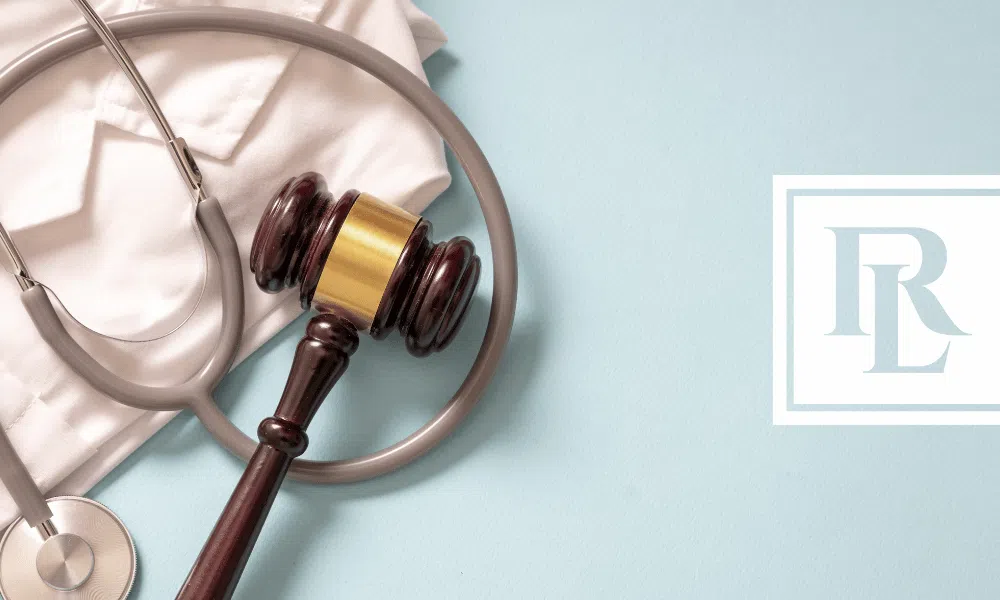When it comes to healthcare, medical professionals must abide by the standard of care. This establishes certain expectations regarding how a patient is treated. If a medical professional fails to meet the standard of care, they may be found at fault for medical malpractice.
Malpractice Cases in Healthcare
Misdiagnosis or Delayed Diagnosis
The failure to properly diagnose a patient within a reasonable amount of time can lead to lasting damage for the patient. If a patient receives a misdiagnosis, they may start a treatment plan that does not apply to their actual condition. Delayed diagnosis can sometimes be the difference between life and death. For example, if a patient has cancer but the diagnosis was delayed, the condition may have worsened past the point of recovery.
Misdiagnosis (medical malpractice cases) can occur if a medical professional fails to:
- Recognize symptoms
- Order necessary testing
- Seek additional information
- Refer the patient to a specialist
A delayed diagnosis may occur if the medical professional:
- Mislabeled lab or test results
- Lost lab or test results
- Errors were made during the testing process or evaluation
Failure to Treat
A common reason that medical professionals fail to treat their patients is due to them trying to care for more patients than they can handle. This often results in them missing important information or neglecting their full responsibilities.
Examples of failing to treat a patient can include:
- Releasing the patient from care too soon
- Failing to provide care instructions
- Failing to order appropriate tests
- Neglecting to consider the patient’s medical history when prescribing treatment
Medication Errors
While medications are meant to help patients, incorrect prescriptions or dosages can cause serious harm. Medical professionals should take care when prescribing and administering medications, as a mistake could be costly for their patients.
Medication errors can occur if the medical professional:
- Prescribes the incorrect medicine for the patient’s condition
- Prescribes the incorrect dosage
- Fails to recognize potential adverse reactions
- Fails to recognize signs of addiction or abuse
Surgical Errors
Surgery, while performed seamlessly a lot of the time, also comes with a lot of risks. Medical professionals should take immense care when proposing, prepping for, and performing surgery on patients.
Examples of surgical errors that can occur include:
- Performing surgery on the wrong patient
- Performing surgery on the wrong body part
- Leaving items inside the patient’s body
- Anesthesia errors
- Failure to follow up with the patient after surgery
Birth Injuries
Childbirth, while a rewarding experience, also comes with a wide variety of potential dangers for both the mother and child. It is the responsibility of the medical professional to do everything in their power to ensure safe delivery and the health of the child. In the unfortunate circumstance that the medical professional fails to provide the standard of care, a myriad of birth injuries could occur, including birth asphyxia, cerebral palsy, Erb’s palsy, brachial plexus, cephalohematoma, preeclampsia, brain injury, maternal death, anesthesia errors, or cesarean delivery errors.
Medical malpractice that can result in birth injuries may include:
- Failure to monitor mother and child properly
- Failure to respond to signs of fetal distress
- Failure to monitor fetal heart rate
- Failure to diagnose and treat infections or other medical conditions
- Improper use of birth tools, including forceps and vacuum extraction devices
- Negligent cesarean delivery
- Improper medication or dosage
- Medical malpractice cases
At Rob Levine Law, our team of expert attorneys is here to help if you find yourself in the unfortunate circumstance of being a victim of medical malpractice. Contact us today for a free case evaluation! We can help you get the justice you deserve.





